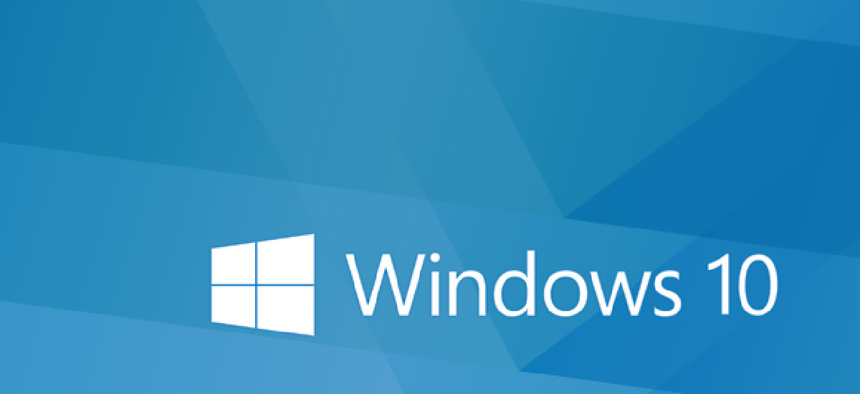Microsoft publishes Windows 10 servicing documentation


Connecting state and local government leaders
Three different update cycles will be available for "Windows as a service."
Microsoft last week explained the differences in the three Windows 10 servicing models, giving IT managers some documentation to help explain how “Windows as a service” will actually work.
The documents posted to the TechNet Library on Sept. 24 contain some important definitions. Microsoft uses the word "upgrade" to describe its OS features changes. The word "update" is applied to its security releases, which continue to follow the traditional "patch Tuesday" monthly release cycle.
The Windows 10 servicing model delivers monthly feature upgrades that are "cumulative," meaning that they contain all of the upgrade bits since the last release. Microsoft's Windows-as-a-service approach delivers OS feature upgrades at a faster pace, although security patch updates still continue to arrive on a monthly basis. The timing of feature upgrade deliveries will depend on the service branch that an organization adopts.
The three service branches include "current branch" (monthly releases), "current branch for business" (releases every four months) and "long-term servicing branch" (yearly upgrade releases). With each current branch release, Microsoft will provide a new ISO image.
Microsoft expects most organizations will adopt the current branch for business approach, which means they must stay upgraded at Microsoft's designated pace or they will face not getting future security patch support, putting their systems at risk. In contrast, the long-term servicing branch option is conceived mostly for kiosks, point-of-sale devices and "Internet of Things" types of systems that might not tolerate frequent OS feature changes.
Management tools
With Windows 10, Microsoft ratcheted up the importance of its Windows Update service. Windows Update is predominantly used by consumers today to keep their PCs up to date. It's not used as much by businesses and organizations because it delivers the bits to machines directly, without a pause for testing first. However, the use of Windows Update is an option under all three of the service-branch models for Windows 10.
Organizations can use traditional software solutions to manage the delivery of Windows 10 upgrades to a degree under the current branch and current branch for business servicing models. System Center Configuration Manager is supported down to System Center 2007 for Windows 10 management, although the 2007 version doesn't have the ability to deploy Windows 10.
Windows Server Update Services (WSUS) can be used to hold back Windows 10 feature upgrades for testing purposes. However, doing that requires having Windows Server 2012 in place. Using WSUS for managing Windows 10 upgrades "will require updates to WSUS, which are only available for Windows Server 2012 and Windows Server 2012 R2, not previous versions," Microsoft's TechNet article explains.
A third Windows 10 management option is to use Windows Update for Business (WUB). At this point, though, WUB seems to be an incomplete entity. It supposedly will allow organizations to set up end users into testing rings as a way to address Microsoft’s faster Windows-as-a-service release pace. However, it seems that WUB is more of a collection of services right now, rather than a discreet solution.
WUB was recently described as the "cloud equivalent to WSUS and [System Center] Configuration Manager" by Michael Niehaus, a Microsoft senior product marketing manager for Windows. Microsoft plans to make WUB work with WSUS as well as System Center Configuration Manager, Niehaus said.
A longer version of this article originally appeared on Redmondmag, a sister site to GCN.




